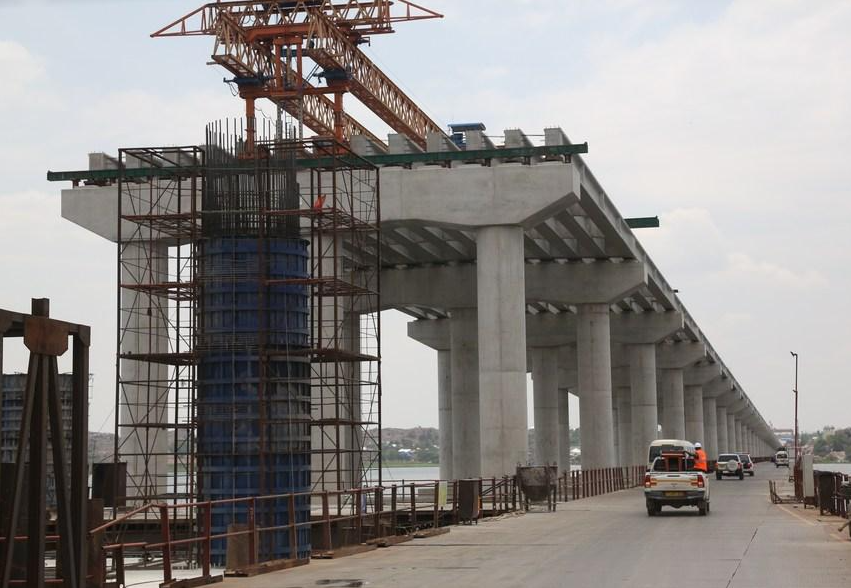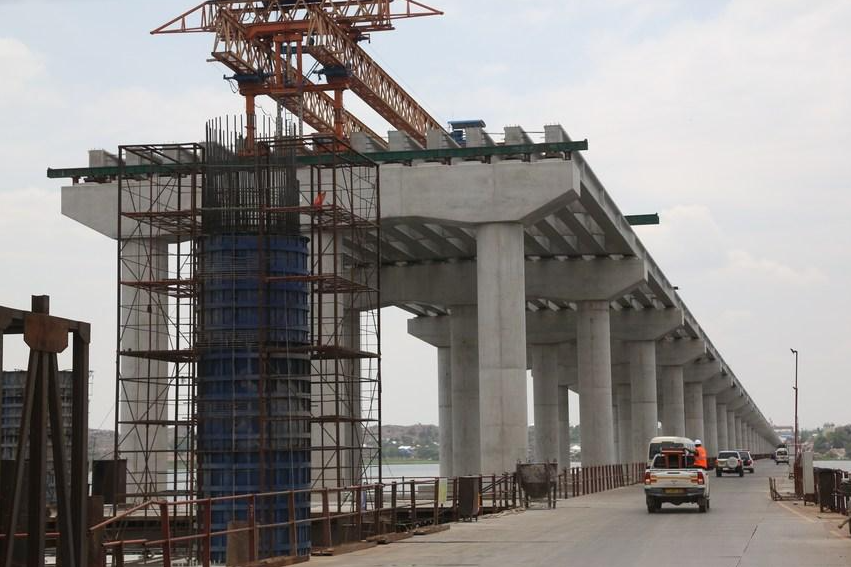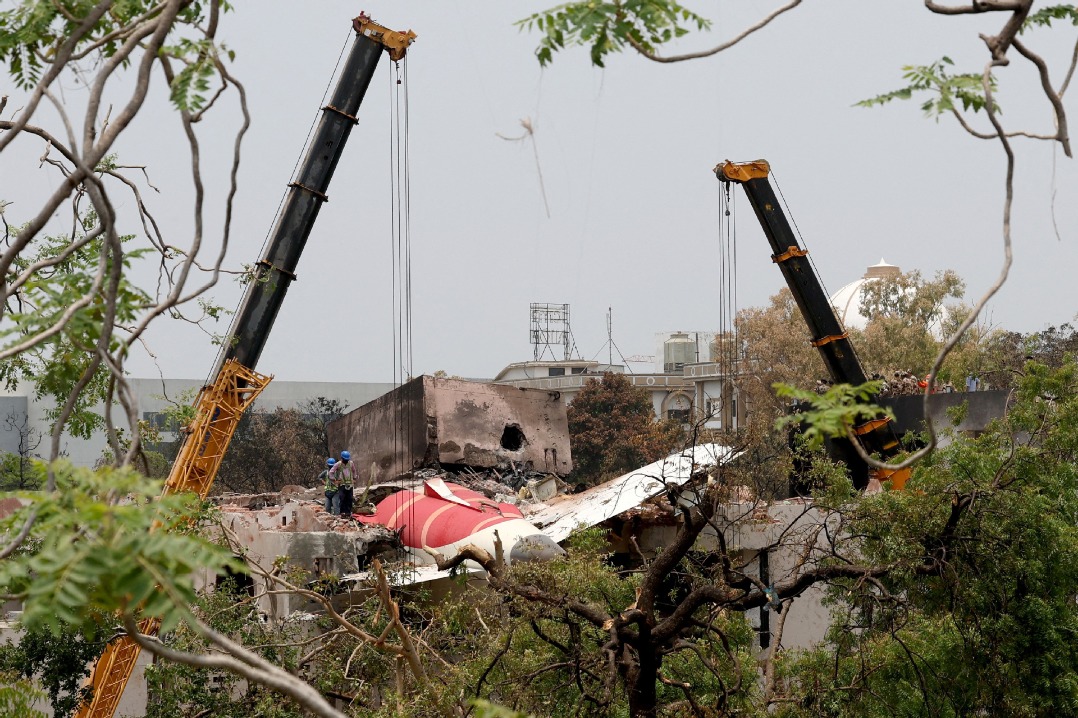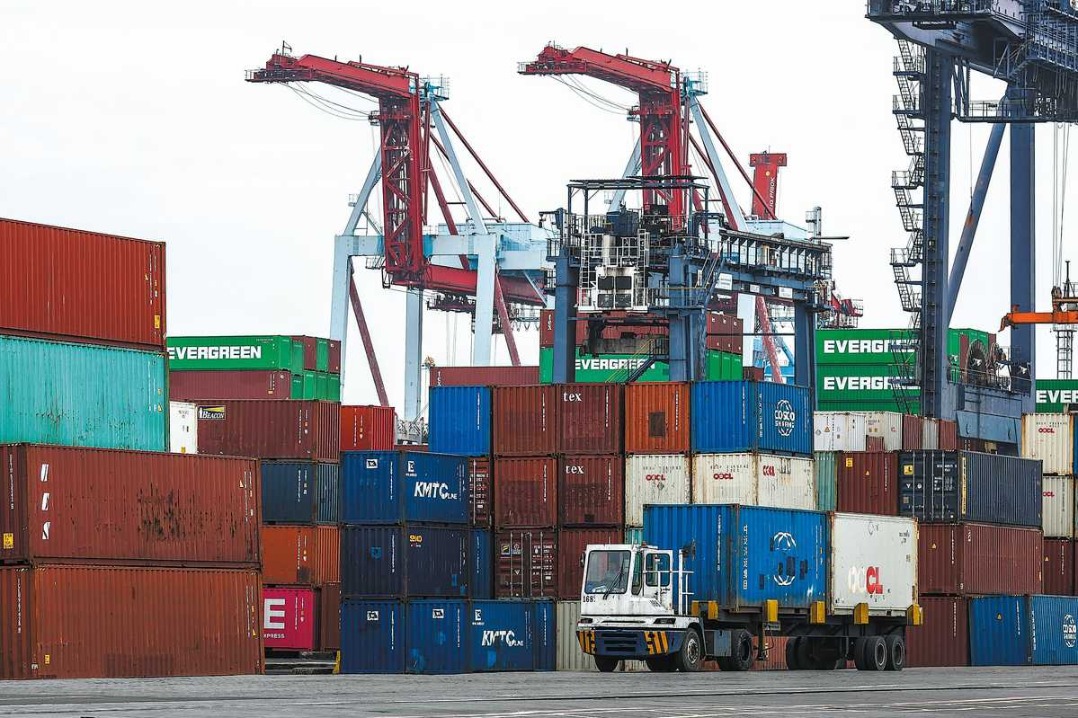Africa looks to China as preferred and reliable development partner


From the remotest to sprawling metropolises across Africa, China has received recognition as a preferred global power — not through military might or cultural dominance, but by building roads, laying railway tracks and creating opportunities, according to new surveys and experts.
Many African countries look at China as a trusted partner who treats them as equals and delivers large-scale infrastructure projects that have reshaped skylines and opened up new paths where none existed before.
A recent survey by Washington-based business intelligence company Morning Consult found that China enjoys a higher net favorability score than the United States in a global comparison across 41 countries. It marks the first time China has overtaken the US in global favorability since the company began its tracking.
Another survey, conducted by the pan-African research network Afrobarometer, showed China is viewed more positively than any other global or regional power in Africa.
The survey, covering 29 countries, revealed that 60 percent of respondents described China's political and economic influence on their country as "somewhat positive" or "very positive" — ahead of the US, the European Union and the African Union.
Dennis Munene, executive director of the China-Africa Center at the Africa Policy Institute in Kenya, said China's favorability in Africa is largely driven by the tangible public goods it has delivered through various initiatives.
The launch of the Forum on China-Africa Cooperation in 2000 cemented the relationship between China and Africa, while the Belt and Road Initiative has become the driving force in implementing infrastructure projects, he said.
In the 25 years since the forum was established, China has helped Africa build 100,000 kilometers of roads, more than 10,000 kilometers of railways, nearly 1,000 bridges, and almost 100 ports — projects that have transformed local landscapes and brought numerous opportunities.
Cementing friendship
Munene said other Chinese proposals such as the global initiatives of development, security and civilization have also cemented China-Africa friendship and supported the growth of African countries.
These efforts have further improved Africa's perception about China, with the continent rejecting Western narratives of neocolonialism and instead embracing what they view as a win-win cooperation.
Notably, Chinese loans have longer repayment periods and are flexible compared with those from Western organizations.
Thanks to China's financial support, African countries are no longer overrelying on aid from multilateral organizations, Munene said.
"China has provided an option — and that's why in 2024 heads of state from almost all African countries attended the Beijing Summit of the Forum on China-Africa Cooperation. This shows African countries appreciate what China is doing."
China has also been Africa's largest trading partner for 16 years now, a trend that is expected to continue, he said.
"While the US is imposing harsh tariffs that have erected trade barriers leading to a reduction on the global supply chain, China is offering zero tariff treatment for 100 percent tariff lines to all 53 African countries with diplomatic relations with her."
China's noninterference approach in the internal affairs of partner nations has also contributed to the positive perception, Munene said.
"The noninterference policy has made countries in Africa and the Global South to accept China not just as a friend but also a partner who is not coming to colonize them but a partner who wants to make sure they grow and enjoy shared prosperity."
Xn Iraki, an associate professor at the Faculty of Business and Management Sciences, University of Nairobi, said Africa's admiration for China is probably because of "visibility", noting that Chinese projects such as roads are visible to the general public.
"If China is viewed favorably in the long term, we expect more business and trade to shift toward China, and countries to seek partnership with China," he said.

































